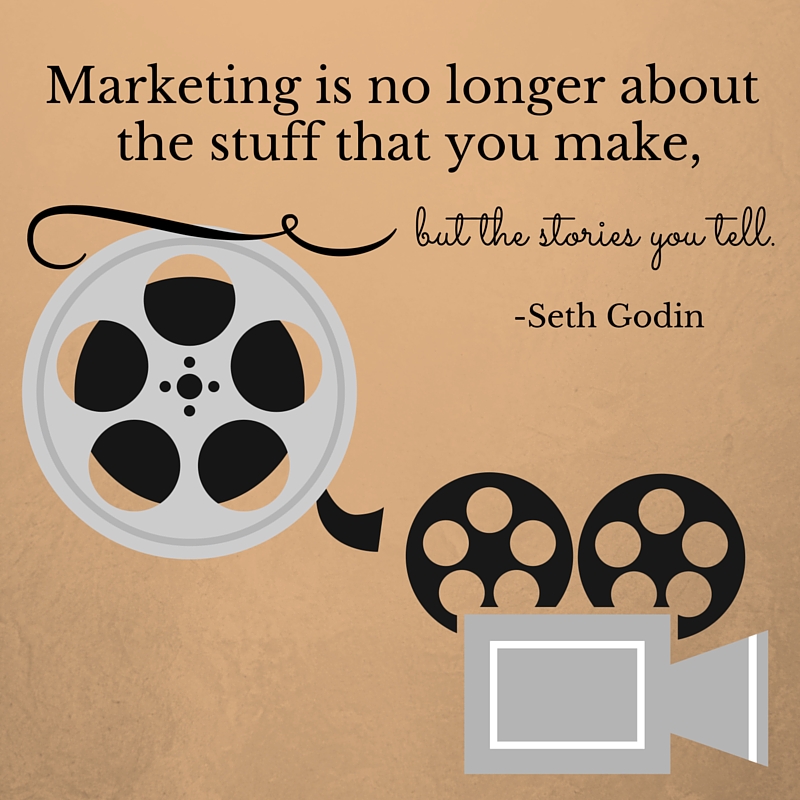One of the most intimidating things about wine and tastings is the lingo. There are many ways to describe wine, many aromas and many industry phrases. I’m going to list the five aroma descriptors I use most in wine tastings and what they mean.
- Earthy: Some wines have an earthy taste to them and that isn’t a bad thing. I usually find this aroma in dry reds and occasionally dry whites like Pino Grigio or Seyval. Ie. Grass, soil or mushrooms.
- Minerality: I get this aroma in mostly dry white wines that don’t have a fruit forward aroma. Ie. Flint or slate
- Floral: If you smell a wine and it has an aroma of perfume or flowers, I consider those floral aromas. You can pick up different floral notes in red wines and white wines. Reds usually have Rose, Violet and Lavender aromas and whites usually have Citrus Blossom, Lilly and Honey Suckle aromas; however, some whites can have notes of Rose, etc.
- Fruity: Even though wine is traditionally made with only grapes (excluding fruit wines, of course) you can get a lot of fruit aromas out of wine. White wines are known for citrus fruits like oranges, lemons or grapefruits. Reds have aromas of raspberries, cherries or blueberries.
- Oaky: I use this word to describe anything with a wood aroma, which comes from making wine in either a wood barrel or using wood chips. These aromas are spice, tobacco or cedar.
What descriptors do you use in explaining your wine? There are so many ways to express what you are smelling and tasting. Next time you go to a wine tasting, try some of these out.
Courtney is an employee of School House Winery, home of Building 6 wines located in Dover, Ohio.



